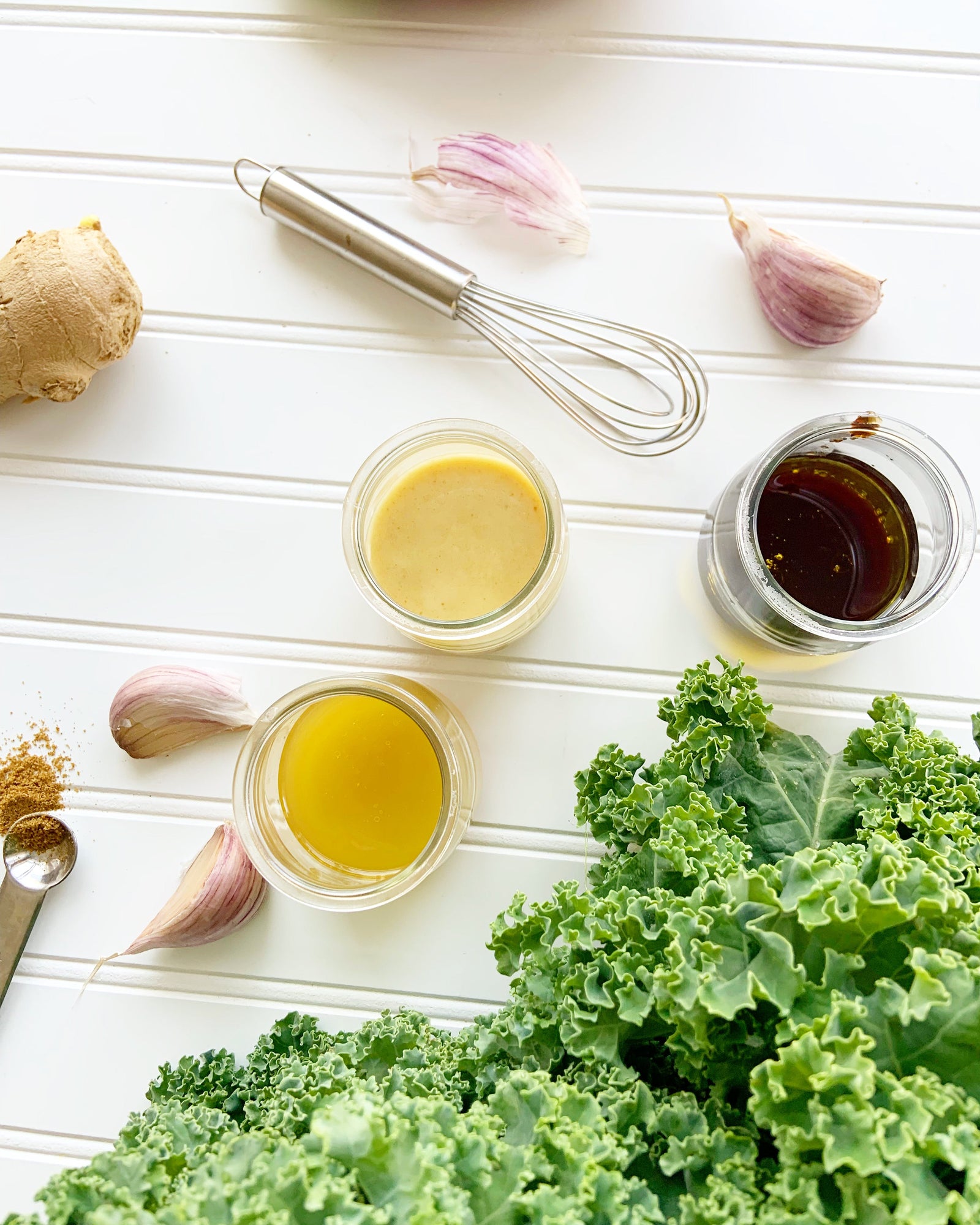Eat more plants they say, but can you get enough protein from them? Western cuisine is focused on animal-based protein sources, which can make it hard to think about plants as containing protein. Yet, science shows plant proteins are sufficient to achieve complete protein nutrition and build muscle. Plus, plants can help you reach that health goal you’re trying to achieve. Here’s what you'll want to know about how you can eat more plants and get enough protein.
7 Health Benefits of Eating More Plants, According to Science
- Lower cholesterol
- Reduced inflammation
- Improved aged
- Lower blood pressure
- Weight management
- Improved digestive health
- Immune system support
- Potential athletic enhancement
Can You Get Enough Protein Eating Only Plants?
Yes, eating a variety of plants can offer you all of the essential amino acids required for a healthy body, according to studies. With so many sources of plant-based protein, let your culinary creativity go wild!
6 Plant-based Proteins Worth Eating
- Legumes (pea, soybean, bean, chickpea)
- Potato
- Quinoa
- Seeds (flaxseed, chia, pumpkin)
- Cereals (whole wheat, brown rice, barley)
- Buckwheat
Do Vegetables Contain Protein?
Yes, some vegetables are surprisingly good sources of plant-based proteins. Even a potato is a source of protein, with a bit more than 4 grams found in one medium-baked potato (with the skin on). Edamame offers about 18g of protein per cup. You may have hated Brussels sprouts as a kid, but it’s time to give them a try again as a simple cup of them has 5 grams of protein.
5 Surprising Protein-Rich Vegetables
- Asparagus 3 g/cup
- Broccoli 2 g/cup
- Corn 4 g/cup
- Green peas 7 g/cup
- Potatoes 4 g/medium baked (skin on)
*Data Source: USDA, University of Rochester Medical Center
Are Fruits High in Protein?
No, fruits aren’t high in protein but, they do contain small amounts, along with a pantheon of nutrients that boost energy, promote health, and prevent disease.
Can You Get Enough Protein from Plants to Build Muscle?
Proteins are the building blocks of life. Protein plays an important role in maintaining the structure and function of all living things, including plants. Animal sources of protein are routinely ranked amongst the highest quality proteins for muscle creation, but the evidence is accumulating on the ability of various plant-sourced proteins to build muscle. Studies also point to plant-based protein being equivalent to animal proteins in their ability to help muscles grow and adapt as exercise training requests. In other words, if you’re adding more exercise into your daily routine, you can support your muscles after the hard work they’ve done as well with beans, as you can with beef.
Is Eating Mostly Plants Healthy?
Evidence also notes eating more plants can help in treating various disease aliments. Plant-based foods are linked with a reduction in:
- Cardiovascular disease
- Cholesterol (LDL)
- Obesity
- Type 2 diabetes
Can Humans Live on Plant Protein?
People who eat more plant-based proteins are less likely to die of cardiovascular disease, according to a study. A simple swap of a plant protein for animal protein (mainly red or processed meat protein) was associated with a lower risk of death (as well as mortality from cancer or cardiovascular disease). Why? Besides protein, plants contain other nutrients known to support health, such as fiber and good fats. As well, plants produce compounds to protect themselves from pathogens, cope with environmental stress, and act as a natural defense system. These compounds are impressively helpful in the body. You already know some of these compounds: vitamins, antioxidants, or polyphenols (such as the famous curcumin, the bright yellow plant chemical found in turmeric).
How Do I Eat More Plant Protein?
Surprisingly, cooking with plants can be easy and quick (beans and chickpeas require no cooking – just open the can and rinse well). Many of your favourite recipes can switch to plant-based options. Try lentils instead of ground beef in your taco creations, or chickpeas for chicken in your curry. Even plant-based milks can offer similar results to dairy milk in your favourite hot beverage.
READ MORE by Allison on Amazon
References:
Association of animal and plant protein intake with all-cause and cause-specific mortality in a Japanese cohort. JAMA Intern Med 2019 Aug;179(11):1509-1518.
Plant proteins as high-quality nutritional source for human diet. Trends Food Sci Tech 2020 Mar; 97(170-184).
Plant proteins and exercise: what role can plant proteins have in promoting adaptations to exercise? Nutrients 2021 Jun; 13(6):1962.
Associations of monounsaturated fatty acids from plant and animal sources with total and cause-specific mortality in two US prospective cohort studies. Circ Res. (2019) 124:1266–75.
Also in Blog

The Microbiome Diet: Gut Health, the Human Microbiome and Your Health
Your guide to the human microbiome, with insights into the Microbiome Diet, and whether it can improve your health, including indigestion.

Why Can't I Sleep: Your Guide to Better Sleep



